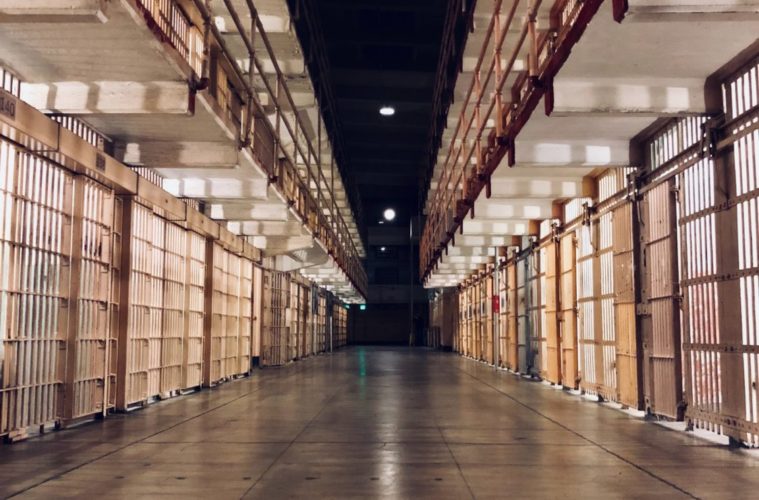Two competing visions for cannabis criminal justice reform landed in Sacramento last week
AB 1725 makes growing more than six plants a felony again, while AB1706 would do the exact opposite in opening the door to faster resentencing to a misdemeanor for those who’ve had their lives affected by a cannabis felony that doesn’t exist anymore.
Republican Assemblymember Thurston Smith of Apple Valley argued AB1725 was introduced to combat the proliferation of illegal grows in California’s high desert.
“These illicit growers have been operating with impunity, knowing that the law allows them to grow with barely a hindrance. For far too long, Sacramento has been soft on crime, and the illicit market has exploded with massive unlicensed grows popping up all around the state,” said Assemblyman Smith in a statement when announcing the bill.
Specifically, the bill would amend AUMA to make growing more than six plants a felony, punishable by a felony that could land you up to three years in jail. It also would lower the barrier to a felony for those over 18 but under the age of 21.
We reached out to California NORML Executive Director and Prop 215 coauthor Dale Gieringer to get his take on the new bill.
“The bill was news to me. This bill is going nowhere, a showpiece for the Republican anti-pot narc constituency,” Gieringer told L.A. Weekly. “It would be struck down by the courts as violating Prop 64.”
Lauren Vazquez, a longtime industry lawyer and Prop 64’s outreach director, said AB1725 is completely against the will of the voters.
“It reinstates prohibition, exactly what the voters wanted to end,” Vazquez told L.A. Weekly, “Prop 64 can only be amended to further the purposes of the act and recriminalizing cultivation is entirely against that. I expect the governor to understand that and veto this if it ever did make it to his desk.”
We asked Vazquez if she really thought it had a chance of passing on both sides of the State Capitol with a two-thirds vote?
“No. But crazier things have happened. The cannabis industry is volatile and expects the unexpected,” Vazquez said. “Recriminalizing cultivation is against the intent of the initiative, the voters, and will be a giant step backward. It’s out of touch for any legislator to introduce something like this.”
Vazquez noted on the campaign trail leading up to 2016 she spoke to people around the state and told them that the legislature could amend prop 64, but they could never make the laws harsher.
“They can never turn back the clock. They can never send us back to prohibition. That was the intent of the voters, that was the understanding behind the initiative. And as the spokesperson, nobody knows that better than me,” Vazquez said.
Assemblymember Mia Bonta’s bill AB1706 would force the criminal justice system to play catch-up a bit faster. In the years since, Prop 64 first AB1793 attempted to speed things up in 2018. It’s still considered a model for automatic expungement many states followed.
There have been various dates the state’s Department of Justice (DOJ) was meant to act in the years since Prop 64’s criminal justice shakeup. In summer 2019, prosecutors were supposed to have the data on who was eligible to have their case dismissed from Prop 64. They then got their shot to challenge any dismissals by June of 2020.
AB1706 would deem a case to have been reduced or dismissed as of January 1, 2023, if the case has been reviewed and the prosecution has not challenged or if the case has not been reviewed. The DOJ would be required to take action on all the records by July of 2023.
The bill also would change existing laws. Existing law makes it a crime to rent, lease, or make available a space for the purpose of unlawfully manufacturing, storing, or distributing a controlled substance, or to conspire to commit specified crimes a misdemeanor when the underlying crime involves cannabis.
“I believe in a California that keeps its promises. My bill will provide relief to the tens of thousands of deserving Californians who are still waiting. This is a must for people of color, especially for Black folks disproportionately targeted by the War on Drugs, which would further support California’s reentry goals,” said Bonta, when announcing the bill.
Advertising disclosure: We may receive compensation for some of the links in our stories. Thank you for supporting LA Weekly and our advertisers.

